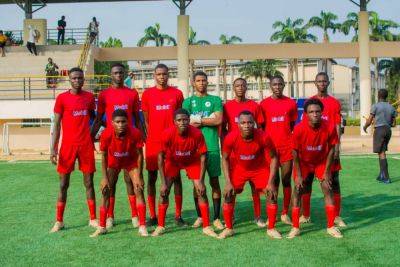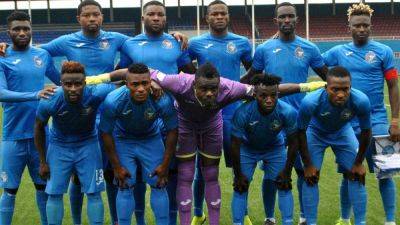How poorly resourced coaches, limited exposure stunt Nigerian football
Nigerian football clubs were rated among the best teams in African football between the 1970s and 2000s. But that is now history; no thanks to the poor quality of coaches saddled with the responsibility of leading these teams and their limited exposure to contemporary realities of the game, CHRISTIAN OKPARA reports.
It is said that a coach is as good as the knowledge he has acquired through education and experience, both in the classroom and on the pitch during his active playing days.
A good coach, according to experts, can successfully translate all that he has learnt into a winning formula for his club or team.
A well-rounded coach, they further contended, is one that has acquired knowledge through attending courses, seminars, and other forms of enlightenment forums, as well as, one that is imbued with the ability to practice what he has learnt from all coaches that s/he has undergone tutelage in the playing days.
Like many other trades, there are several levels of education that coaches must undergo, but not all are easily accessible to aspiring coaches, especially those from poor countries, who may not have the resources to travel to countries or other regions to acquire the desired knowledge.
In recognition of such handicaps, the world football ruling body FIFA and its African affiliate, CAF, have instituted several levels of education through, which they certify coaches from the region.
To ensure that many aspiring coaches benefit from such courses, FIFA and CAF provide funding for its affiliate countries to help cushion the cost of such courses.
In many countries, there are specified qualifications that a coach must have before being allowed to handle or operate in certain divisions of the country’s football.
For








